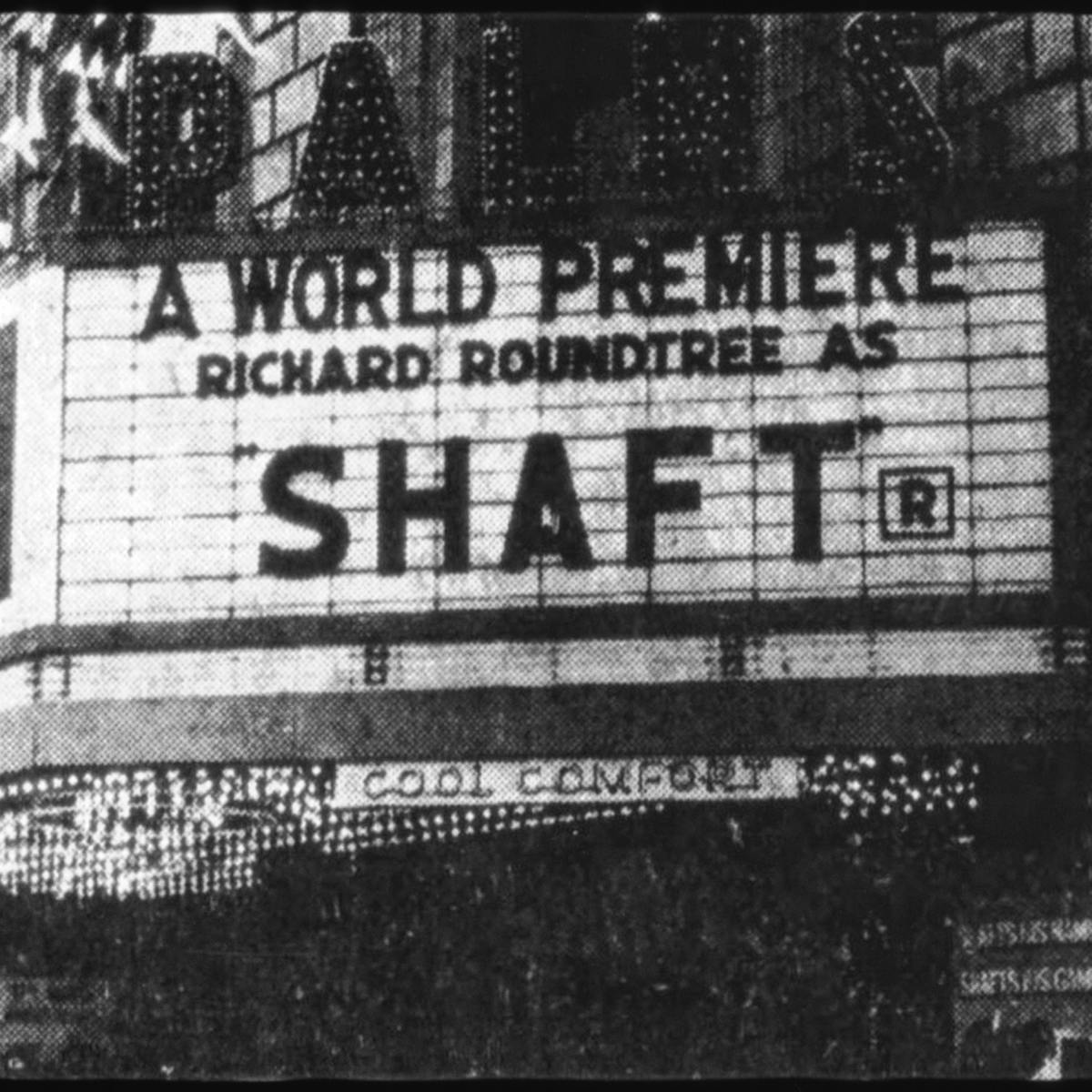Ten films to watch after finishing Elvis Mitchell's documentary.
From film critic Elvis Mitchell, Is That Black Enough for You?!? is both a comprehensive history of and a personal ode to Black cinema. Narrated by Mitchell, and featuring movie clips and interviews from dynamic, award-winning legends such as Harry Belafonte, Margaret Avery, and Samuel L. Jackson, the documentary deftly moves through a dizzyingly long list of films and talent, focusing on those released between 1968 to 1978, and framing the 70s as a vital but overlooked decade of cinematic change. After years of what Mitchell calls “the onscreen crushing of Black hope” — troubling tropes, lack of representation behind the camera, scarcity of roles — the artists and subsequent films of the 70s portrayed Black life as it was, offering music, style, heroes, heartthrobs, fantasies, and revolutionaries that contained multitudes. As Whoopi Goldberg describes, “These movies were about us,” and Laurence Fishburne emphasizes, “That’s a nice change.” The documentary considers the impact of erasure and celebrates Black artistry, while also calling out how little progress has been made since the daring and brilliant decade at the center of the film.
With the help of producers Steven Soderbergh, David Fincher, Angus Wall, and Ciara Lacy, no one is better suited to lead us through this history than Mitchell, whose contribution to contemporary film is boundless. He’s served as the host of the radio show The Treatment since its creation in 1996, worked as a film critic for the Fort Worth Star-Telegram and the New York Times, and won the NAACP Image Award for his work on The Black List documentaries, to name a few of his feats.
Here are 10 films to watch after Is That Black Enough for You?!?
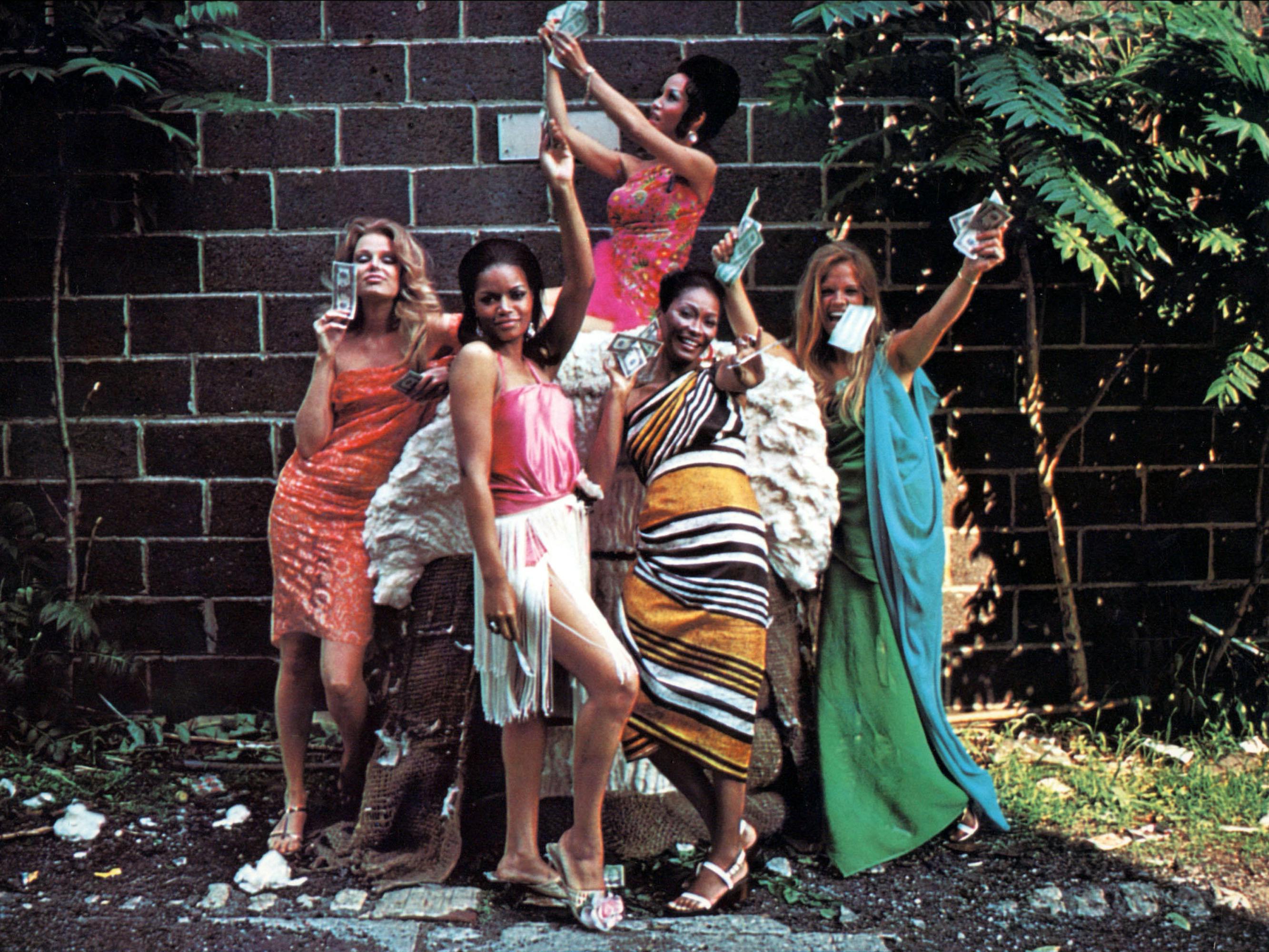
Cast of Cotton Comes to Harlem
Cotton Comes To Harlem
Is That Black Enough for You?!? takes its name from this 1970 early-blaxploitation cop movie from writer-director Ossie Davis. Based on a Chester Himes novel, Cotton Comes to Harlem tells the story of two cops investigating a robbery in a never-before-seen side of Harlem. Complete with high style — double-breasted suits, rich blue shirts, and manicured mustaches — and incredible music, the film’s chorus of “Is That Black Enough for You?” pulled from revolutionary mantras and protest language, resonates throughout the film and beyond. Mitchell describes how viewers reacted to the hilarious buddy comedy, saying the film “cranked the glee of an audience bored by Black degradation.”
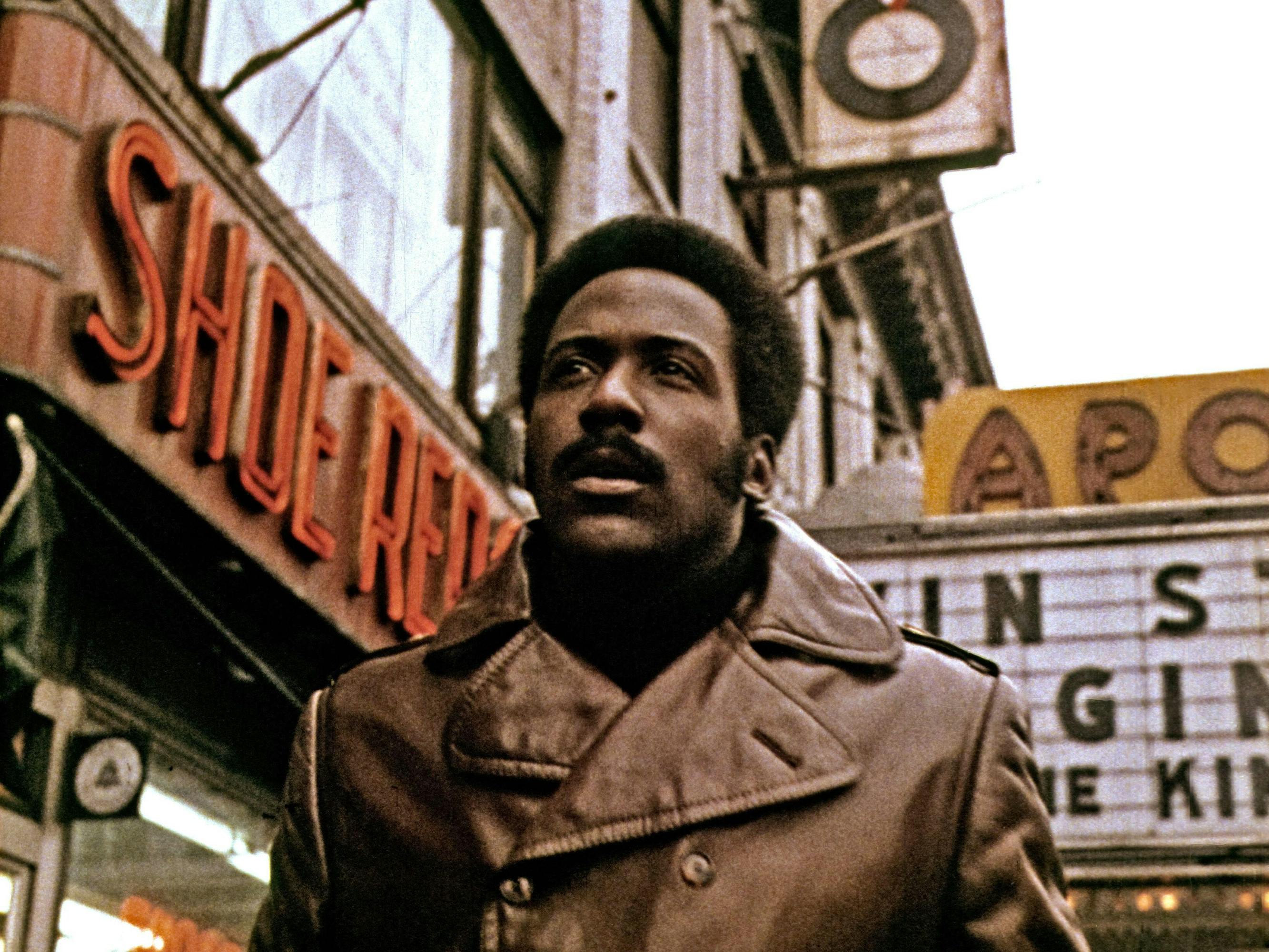
John Shaft (Richard Roundtree)
Shaft
Mitchell begins his discussion of this 1971 film from Gordon Parks: “Shaft wasn’t just a debut; it was an announcement.” Shaft is the ultimate Manhattan detective story: Richard Roundtree epitomizes cool as a private eye facing off against multiple mobs in search of a crime lord’s kidnapped daughter. While the plot brings plenty of action and edge-of-your-seat drama, Roundtree’s suave, leather-jacketed performance is what stuck with many viewers. Says Mitchell, “The newness and audacity of a camera following a Black man in a leather coat in Manhattan . . . This combination forever altered the course of movies right down to coming from a studio that was long known for delivering product about an ideal America that framed straight hair and blue eyes as the standard of beauty.”
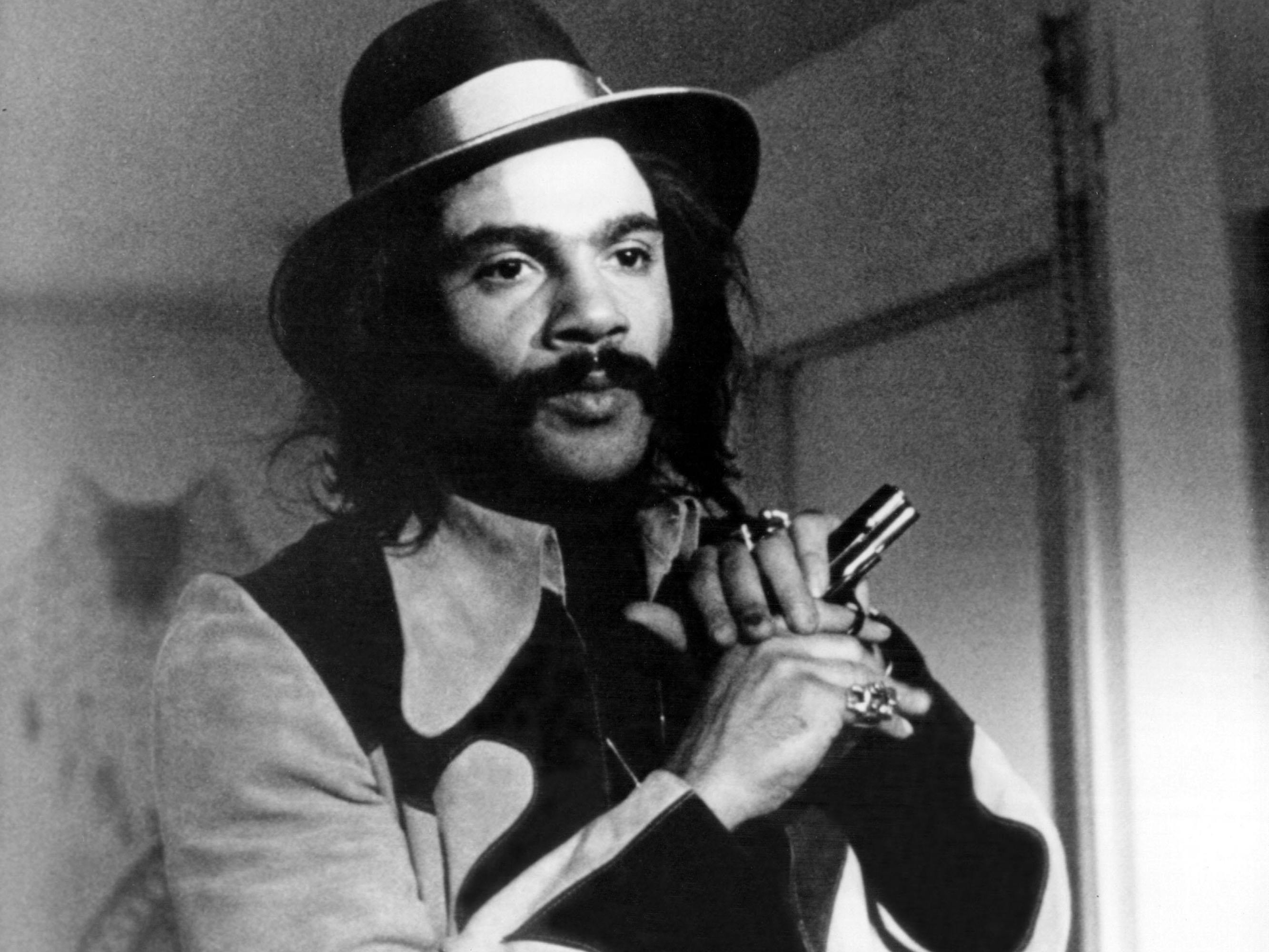
Youngblood Priest (Ron O'Neal)
Super Fly
Super Fly follows a New York City cocaine dealer who hopes to score one last deal so he can retire. Gordon Parks’s 1972 film was the first of many movies featuring music by Curtis Mayfield, whose solo career included five soundtracks in the 70s alone. Although the movie was exciting and sexy enough as is, with high-speed foot chases, high-stakes drug deals, and a soapy bath scene, by releasing the soundtrack prior to the theatrical release, the music built even more hype.
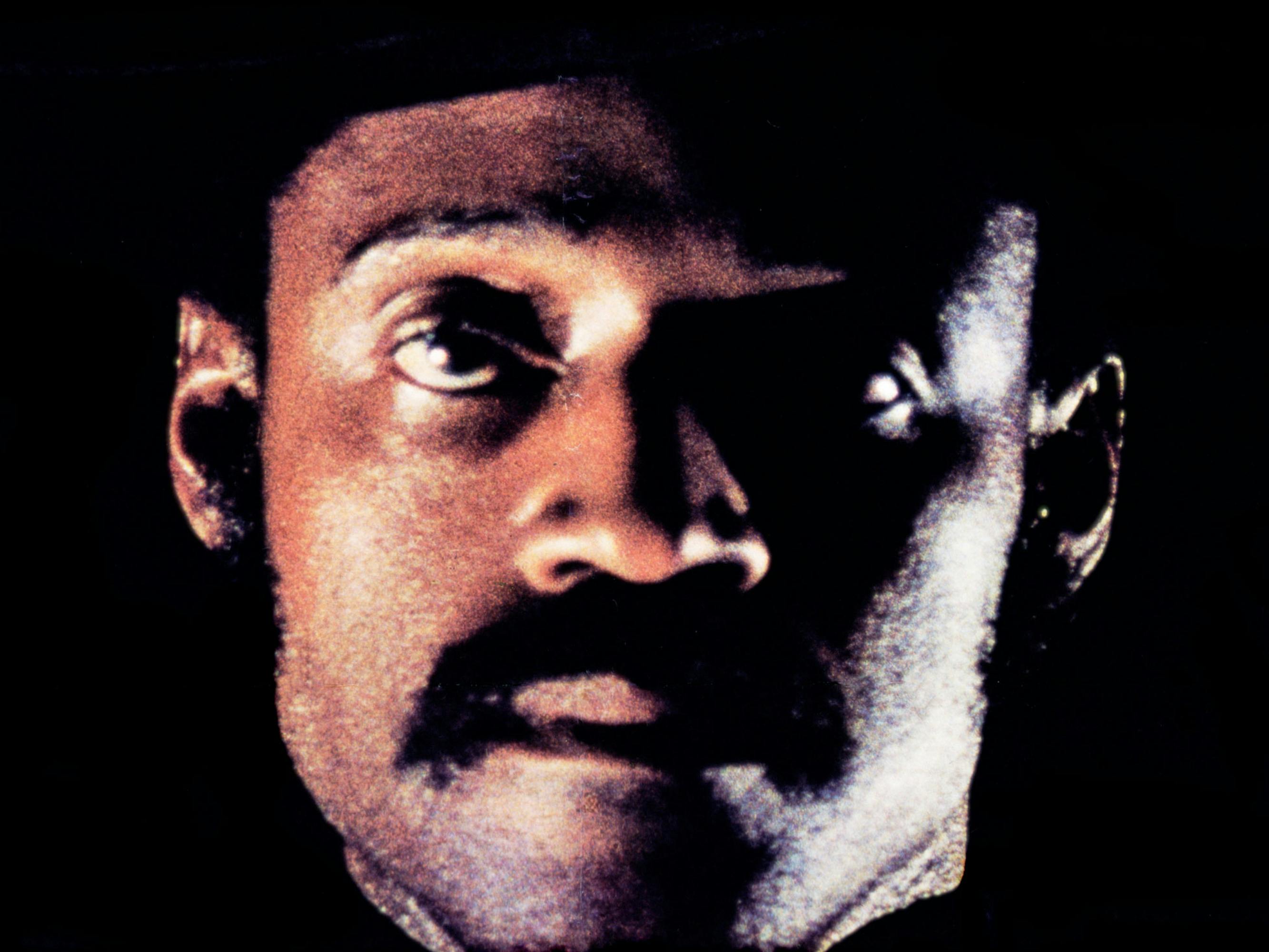
Sweetback (Melvin Van Peebles)
Sweet Sweetback’s Baadasssss Song
Melvin Van Peebles’s 1971 blaxploitation flick was, as the title suggests, truly badass. The film tells the story of a young Black male sex worker who, after saving a Black Panther from some racist cops, goes on the run from “the man.” With the help of a killer jazz soundtrack including early music from an emerging Earth, Wind, and Fire, the movie used onscreen exploitation and hijacked the newly minted X rating, telling an unrelenting story about real-world violence, objectification, and fear.
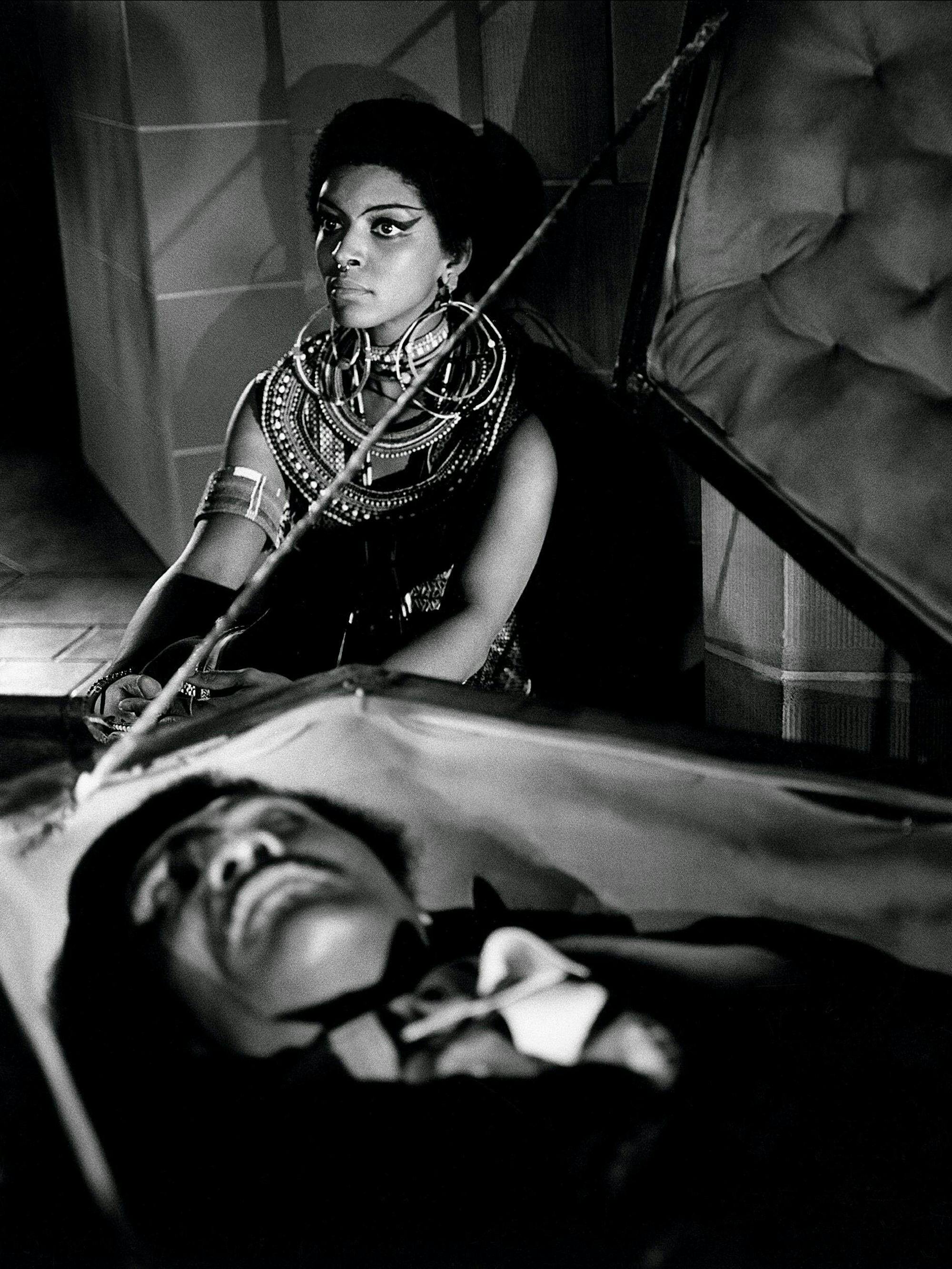
Michelle (Denise Nicholas) and Blacula (William Marshall)
Blacula
1972’s Blacula marked the long overdue beginning of Black horror, and the real potential of Hollywood to address social monstrosity. Director William Crain offers a fresh take on the vampire legend: Prince Mamuwalde (William Marshall) pays a visit to Count Dracula to get his support in ending the slave trade. Instead, the evil count transforms the prince into a vampire, only to see him rise from his coffin two centuries later, bloodthirsty. Blacula marked the start of movies stepping up to take on the horrors of institutionalized cruelty.
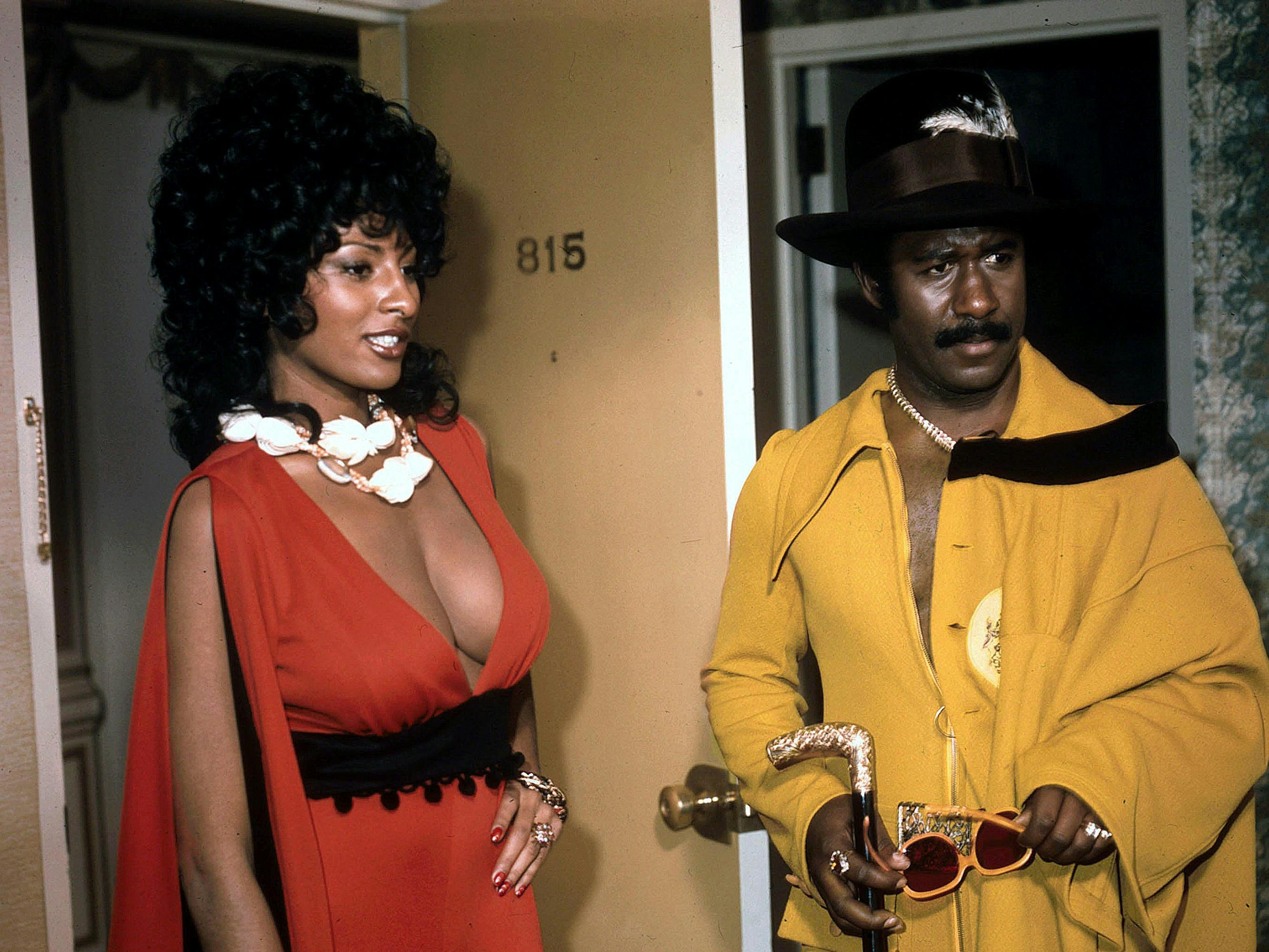
Coffy (Pam Grier) and King George (Robert DoQui)
Coffy
1973’s Coffy marked Pam Grier’s ascent to movie stardom. Toni Morrison lauded Grier’s performance as a young woman seeking revenge for her sister’s death as one that dealt with the moral complexities demanded of Black women. Grier’s character offered something new to the blaxploitation genre: a female hero.
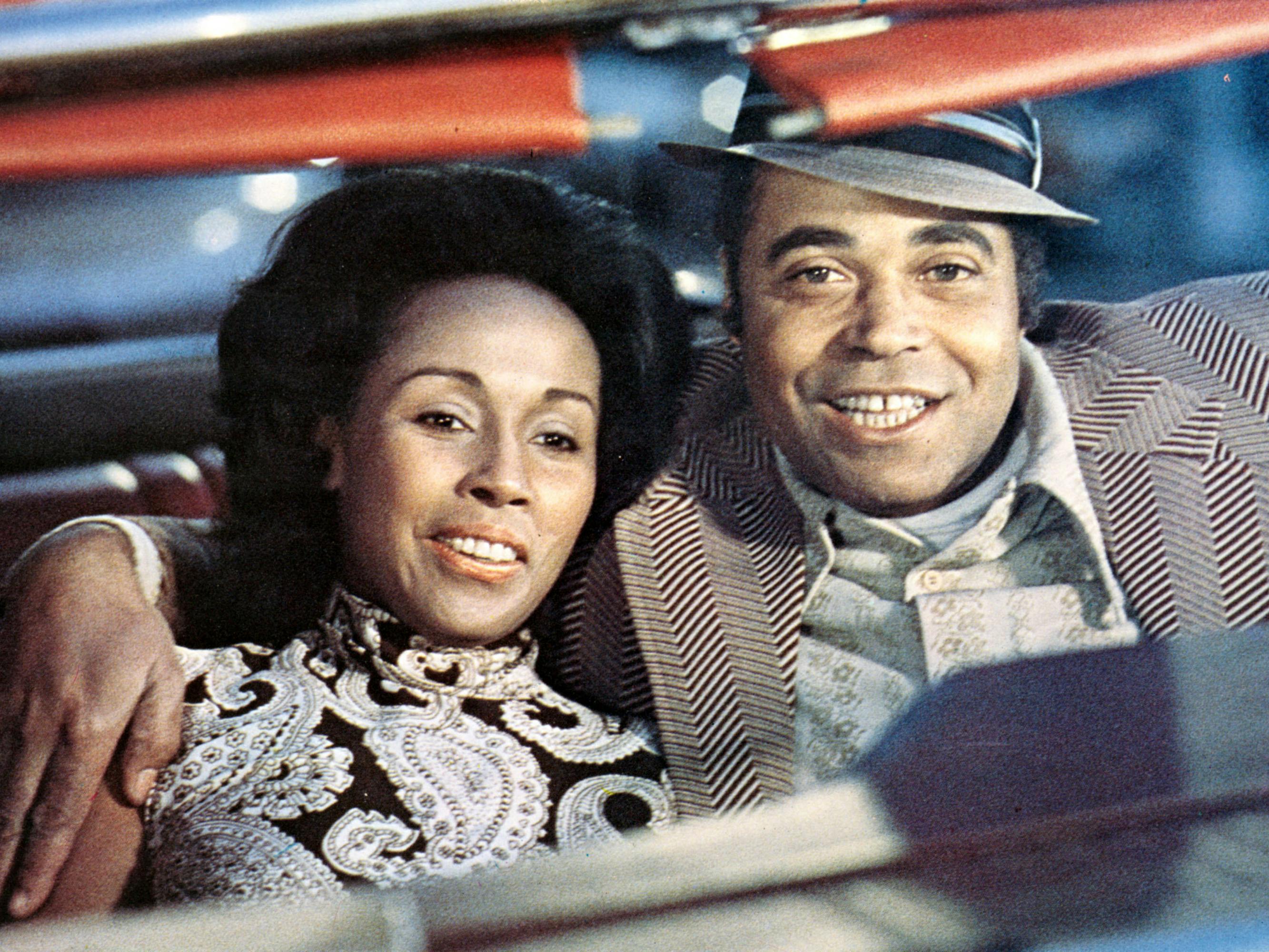
Claudine (Diahann Carroll) and Roop (James Earl Jones)
Claudine
Diahann Carroll earned an Oscar nomination for her performance as a calm mother of six fighting the welfare system and falling in love with a garbage collector (James Earl Jones) in this drama. With Claudine, director John Berry offers a warm take on a range of serious issues, resulting in an empathetic look at Black working-class struggle, family, and love.
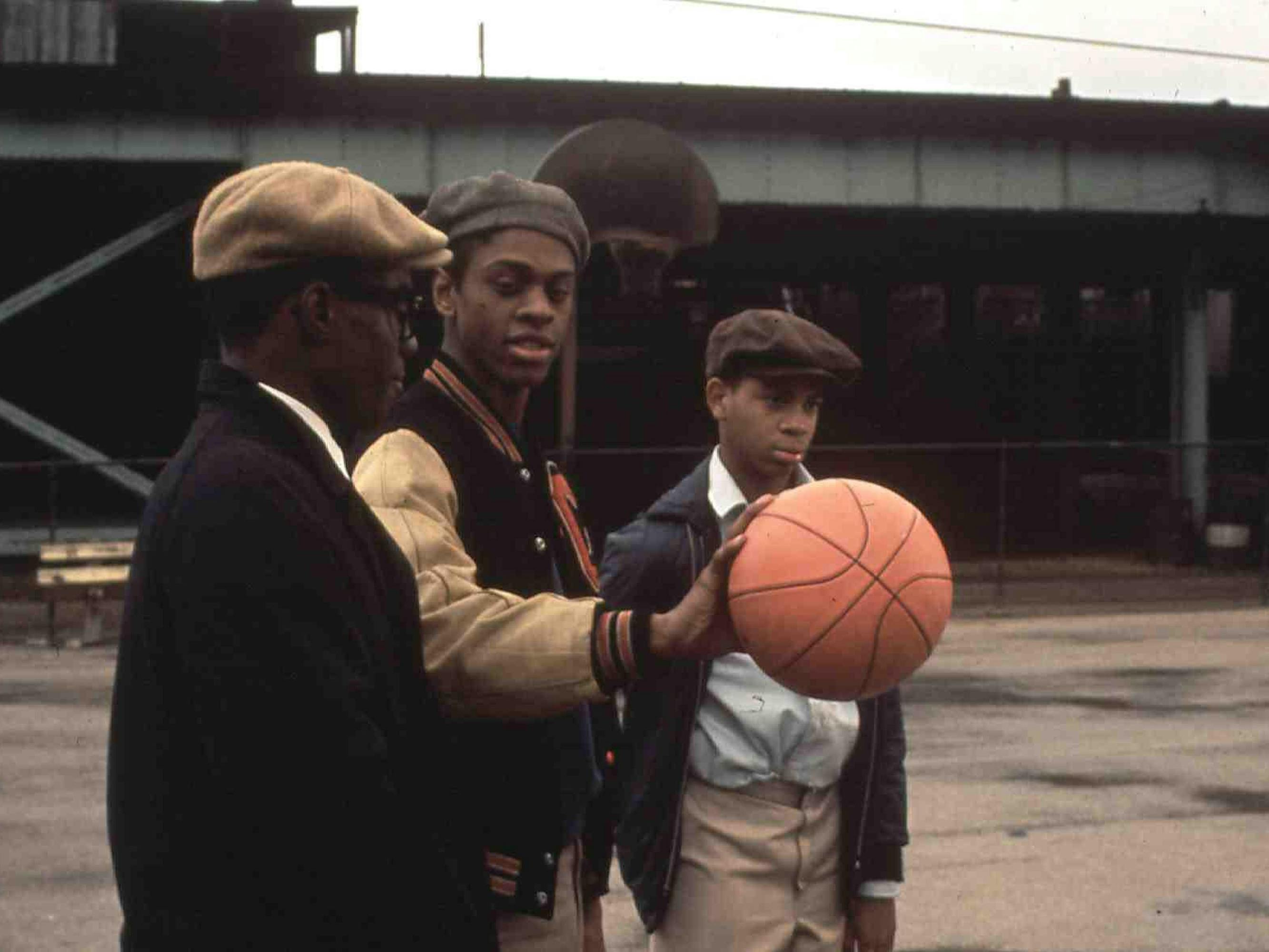
Preach (Glynn Turman), Cochise (Lawrence-Hilton Jacobs), and Pooter (Corin Rogers)
Cooley High
Cooley High, the 1975 coming-of-age high school story set to a soundtrack of Motown hits, has been cited as a source of inspiration for many filmmakers who came after it, including John Singleton and Spike Lee. Set in Chicago, the nostalgic drama follows a group of friends celebrating their final weeks of high school.
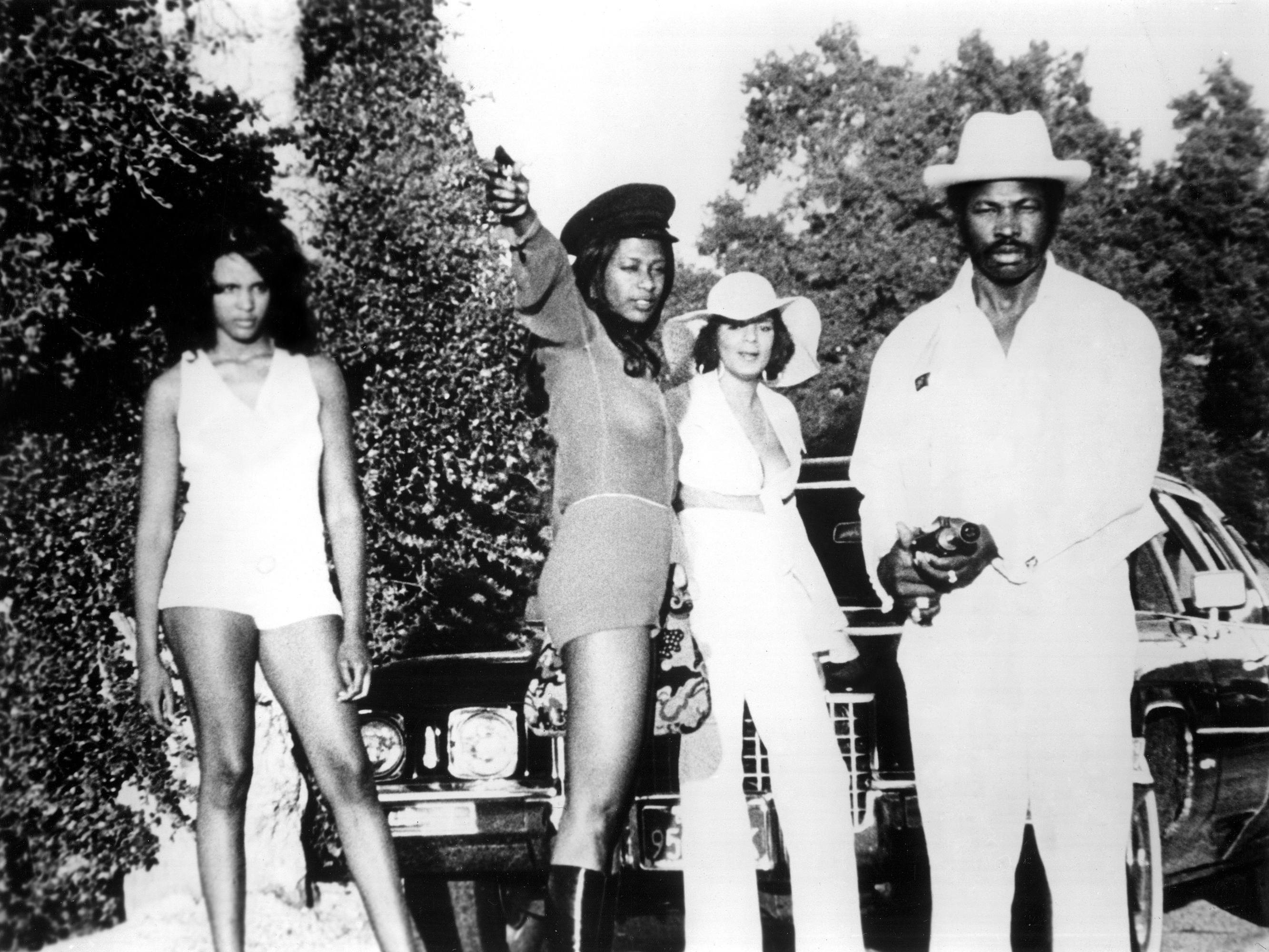
Dolemite (Rudy Ray Moore) and the Dolemite callgirls
Dolemite and Dolemite Is My Name
The 1975 movie, known for lines like “I’m gonna let ’em know Dolemite is my name and fuckin’ up motherfuckers is my game,” follows Dolemite (Rudy Ray Moore), who enlists his callgirls for help when he is framed for drug dealing. The line takes on new meaning coming from Eddie Murphy’s mouth in the 2019 reimaging, Dolemite is My Name, where he plays both Moore, a stand-up comedian, and his blaxploitation alter ego, Dolemite.
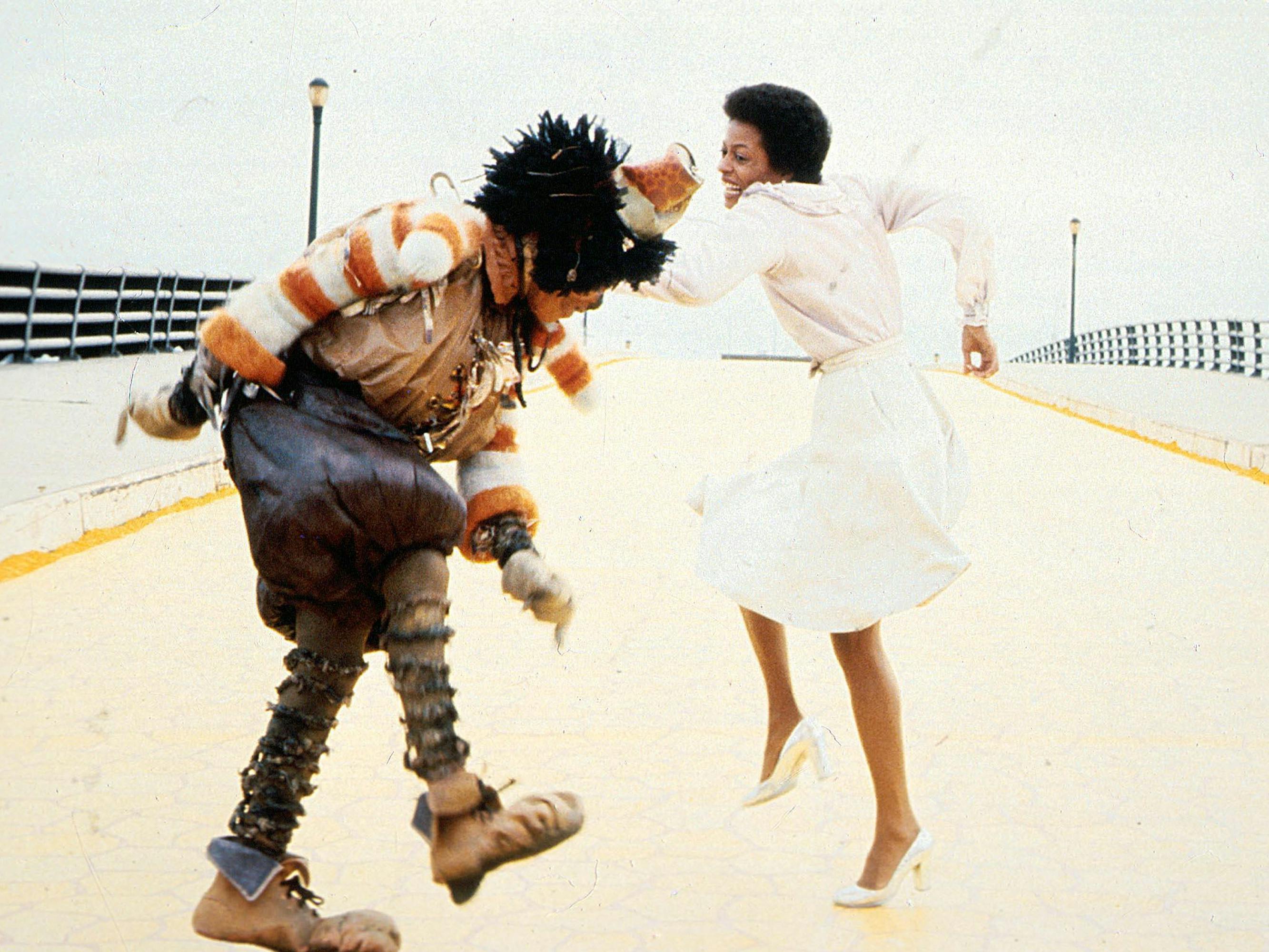
Scarecrow (Michael Jackson) and Dorothy (Diana Ross)
The Wiz
Director Sidney Lumet’s The Wiz relied on a massive budget (reportedly costing 25 to 40 million dollars to make) and big-name stars to resuscitate the waning interest in Black moviemaking. The 1978 movie was loosely adapted from the 1974 Broadway musical of the same title, and reimagines the 1939 Judy Garland classic, The Wizard of Oz, with Black characters, casting Diana Ross as Dorothy, Michael Jackson as Scarecrow, Nipsey Russell as Tin Man, Ted Ross as Cowardly Lion, and Lena Horne as Glinda the Good.
